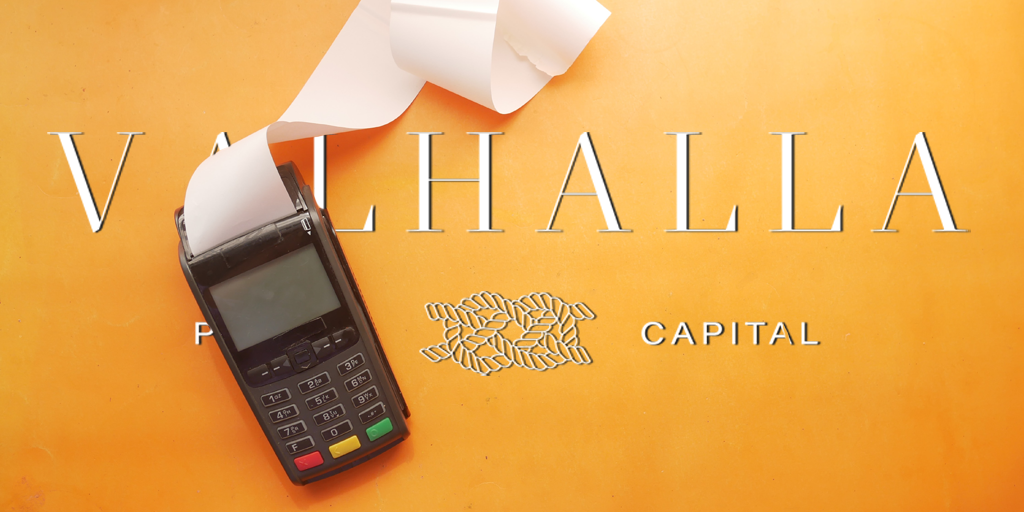
Emmet McGonagle
Angel funding is the largest source of capital for innovation-driven startups; however, there are a range of personal factors behind how investors invest their money. Did you enter the market for fun, or simply to learn more about the space? Are you interested in giving back to the community, or is your attention peaked by the potential for big capital gains?
If you’re unsure of your motivations, Valhalla has divided investment factors into six (fictional) characters: the “Super Angel”, for one, prefers to take the whole round; while the “Big Dog” needs to be seen as a mentor to his contemporaries. This hands-on approach can also be seen in the “Control Freak”, who prefers a hands-on approach to the business, while the “Grandparent” couples a caring and supporting approach with periods of downtime as they don’t want to “own” the problems. The gung-ho “Sprinkle and Sprout” developer invests small amounts into many deals, as opposed to the “Yield” investor, who proceeds with caution on their search for economic security.
Funny as they may appear, these business avatars have been informed by professional experience, according to a
report from the American Capital Association (ACA). The report - which assessed the personal and professional history of 1,659 angel investors - found that 55% of participants were previously founders or CEOs of another startup. These investors were proven to make more investments and write larger cheques on average than their less entrepreneurial counterparts.
The ACA’s report also found that three fifths (60%) of angels with an entrepreneurial background take an advisory role and 52% of them take a board seat (reminiscent of the “big dog” and “control freak”), compared to 38% and 26% of angels without an entrepreneurial background, respectively.
Do you have a question about angel investing? Get in touch with Valhalla Private Capital via our
contact page.



